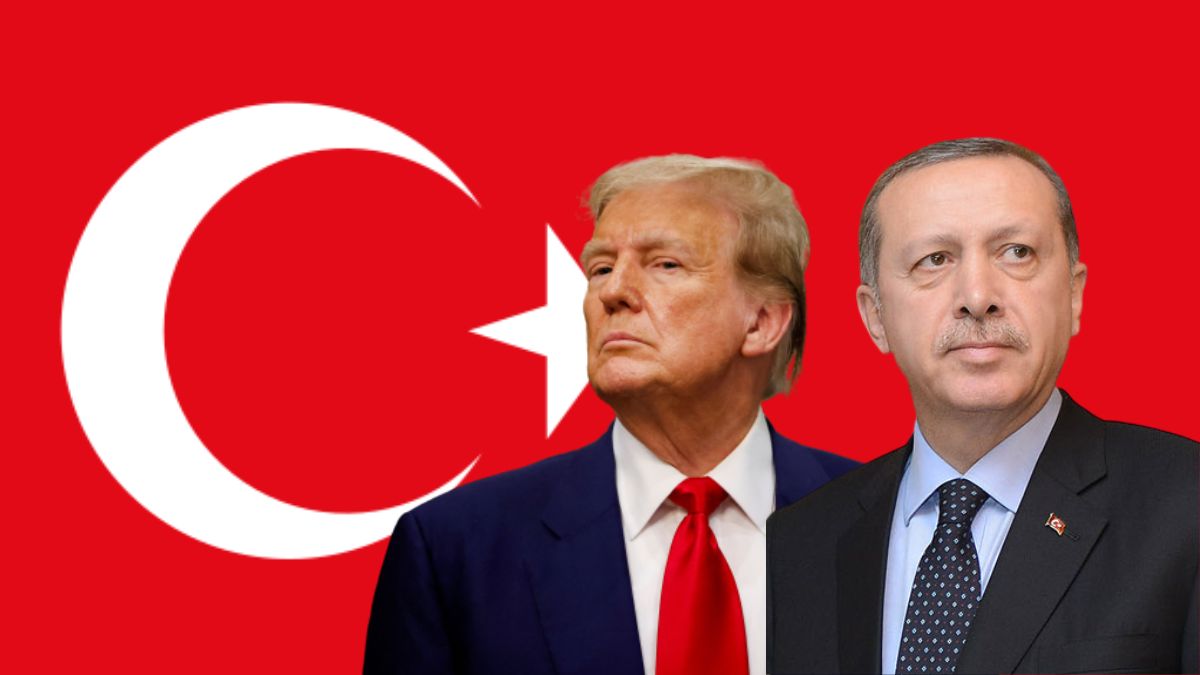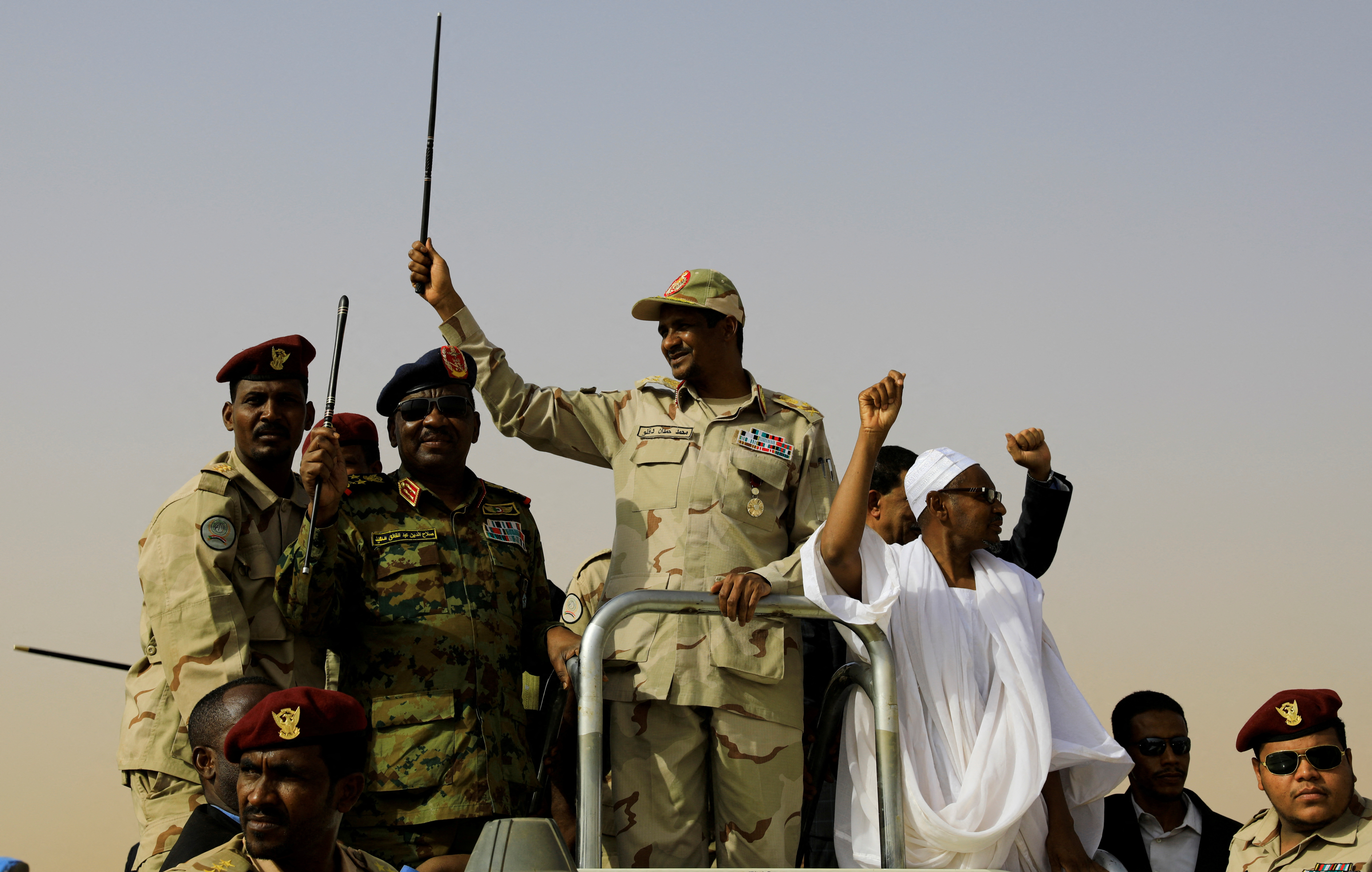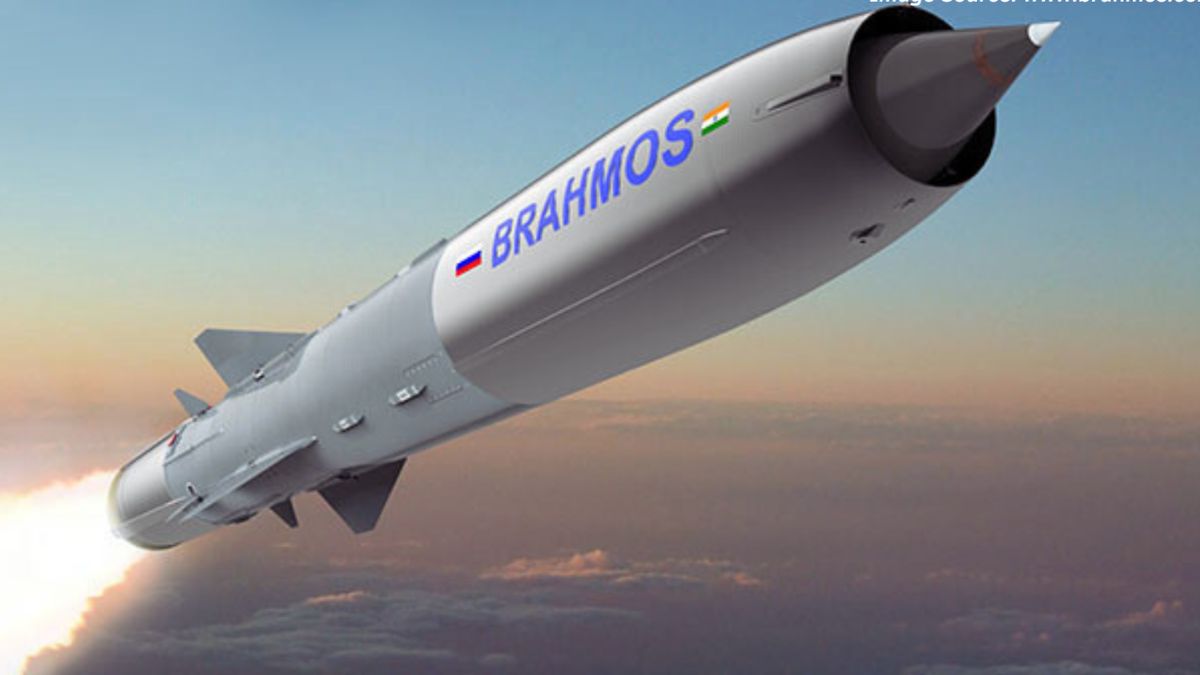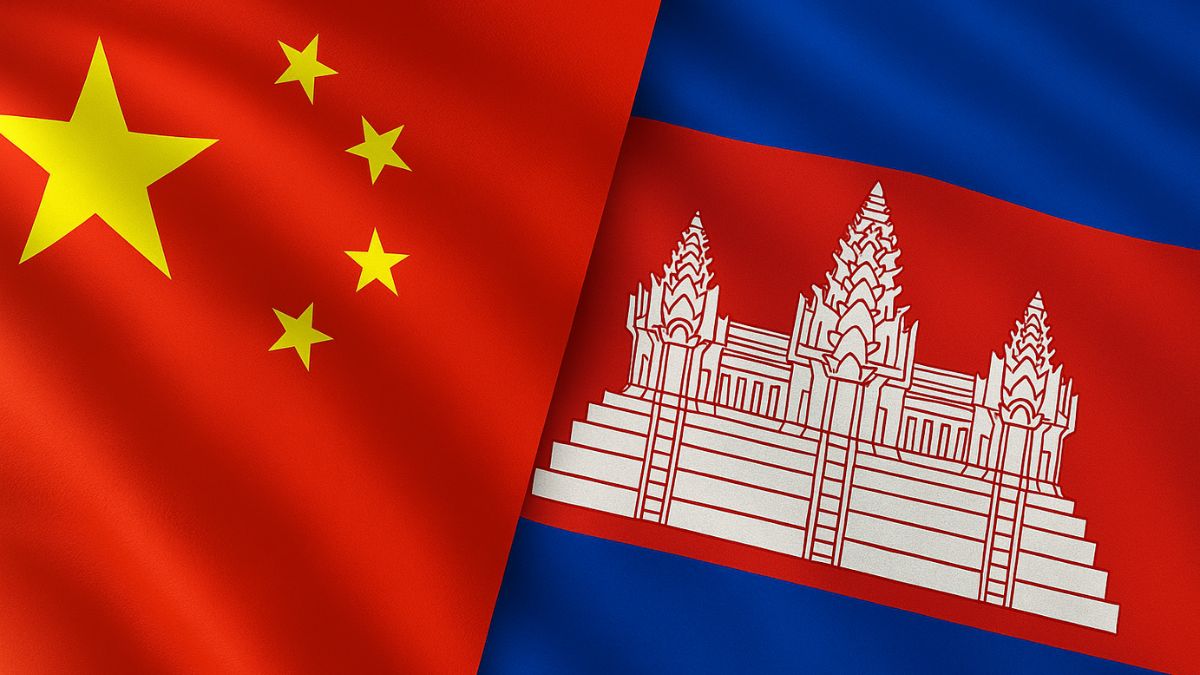Turkey Says CAATSA Sanctions On Defence Sector Easing Under Trump 2.0

US President Donald Trump's administration has reportedly been helpful in negotiating over Turkey's CAATSA sanctions. Image courtesy: RNA
Turkey’s President Recep Tayyip Erdogan said on Saturday (May 17) that the United States (US) has begun softening its sanctions on Turkey’s defence sector, with signs of progress accelerating since Donald Trump assumed office earlier this year.
Speaking to reporters aboard his return flight from a European summit, Erdogan said there had been a softening in the Countering America’s Adversaries Through Sanctions Act (CAATSA).
Erdogan attributed the shift to more constructive communication with the Trump administration, including direct discussions with Trump and his newly appointed ambassador to Ankara, Tom Barrack.
“We have achieved a more open, more constructive and more sincere communication on these issues,” Erdogan said, describing the recent developments as “positive steps.”
What are CAATSA sanctions? Why were they imposed?
The US imposed sanctions on Turkey in 2020 under CAATSA after Ankara acquired the Russian S-400 air defence system. The move marked a significant deterioration in US-Turkey relations, both of whom are North Atlantic Treaty Organization (NATO) members.
Washington said the deployment of the S-400 posed a risk to the secrecy and effectiveness of the F-35 stealth fighter programme, from which Turkey was then excluded.
The sanctions included restrictions on Turkey’s Defence Industries Directorate and bans on certain defence-related exports. They were among the most significant measures ever taken by the US against a NATO ally under CAATSA, a law primarily aimed at curbing Russia’s defence exports.
What changes is Erdogan expecting?
Erdogan expressed optimism that the sanctions process would soon be resolved. “I believe we will overcome the CAATSA process much faster,” he said. “As two great NATO allies, there should be no restrictions or obstacles in the field of defence between us.”
In March, Erdogan held talks with Trump about securing a long-pending deal for the purchase of US-made F-16 fighter jets and Turkey’s reentry into the F-35 development programme. While formal approvals from Congress are still pending, Turkish officials say the signals from Washington have become more favourable under the new administration.
Is Turkey also exploring other fighter aircraft?
In parallel to its engagement with the US, Turkey has been in talks to purchase 40 Eurofighter Typhoon jets to modernise its ageing air force fleet. The Eurofighter is jointly produced by Germany, the United Kingdom (UK), Spain, and Italy, all of which are NATO members. While Germany had earlier expressed hesitation about the deal, Ankara has continued to pursue the platform as part of its diversification strategy in defence procurement.
Erdogan said that Turkey’s defence cooperation with the US remains a “vital component” for regional and global stability, and that his administration values the strategic partnership despite past frictions.







